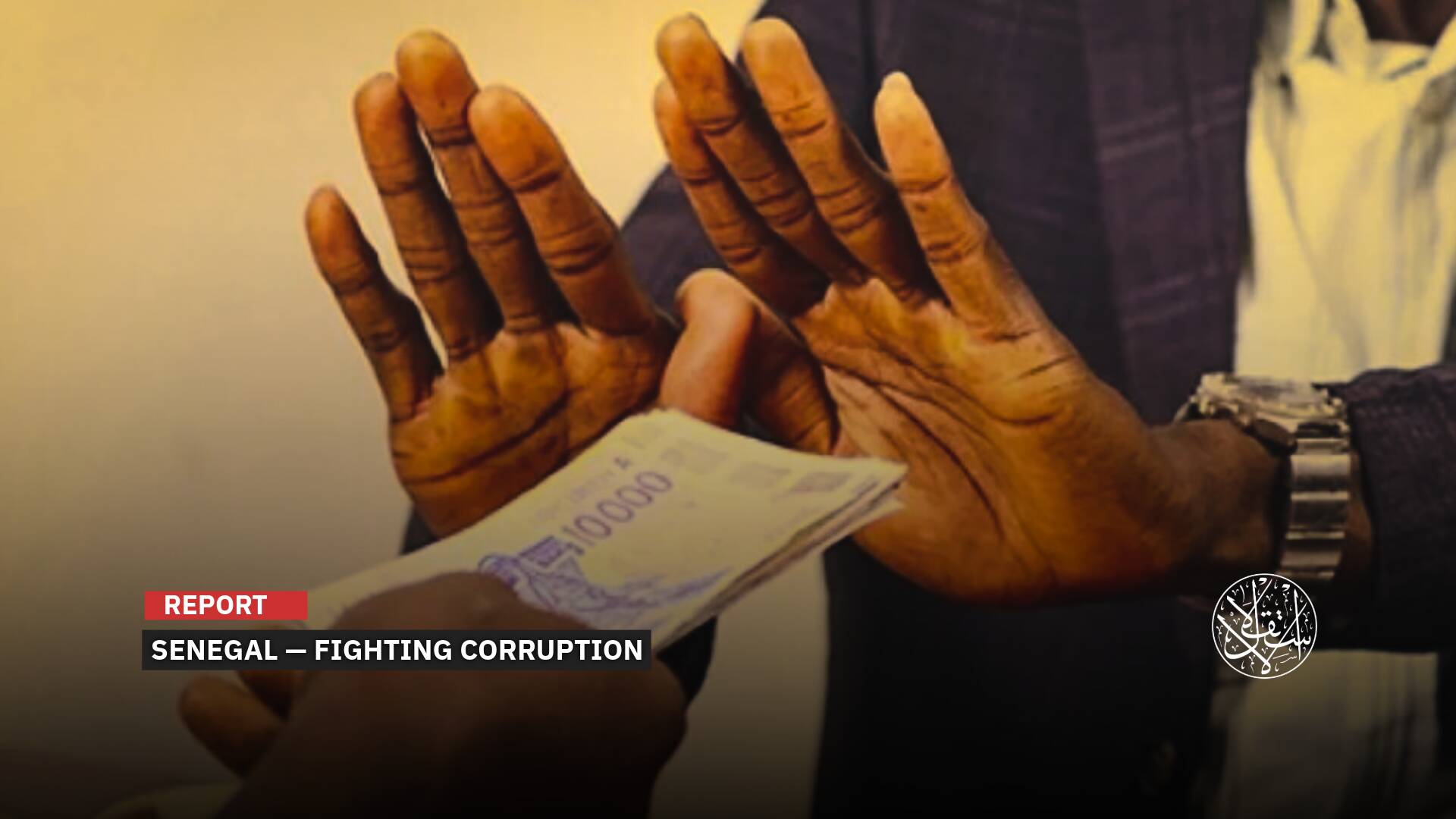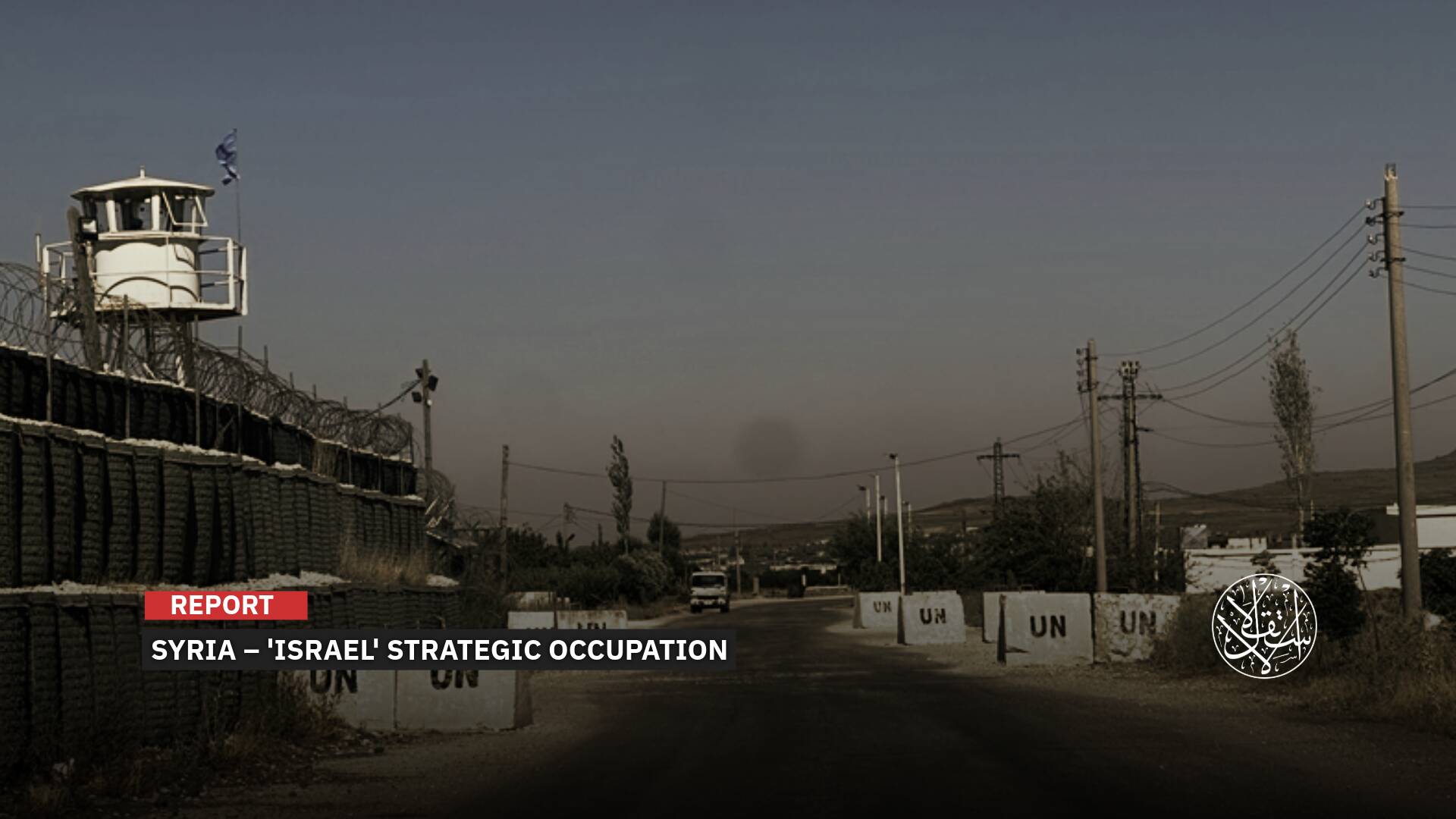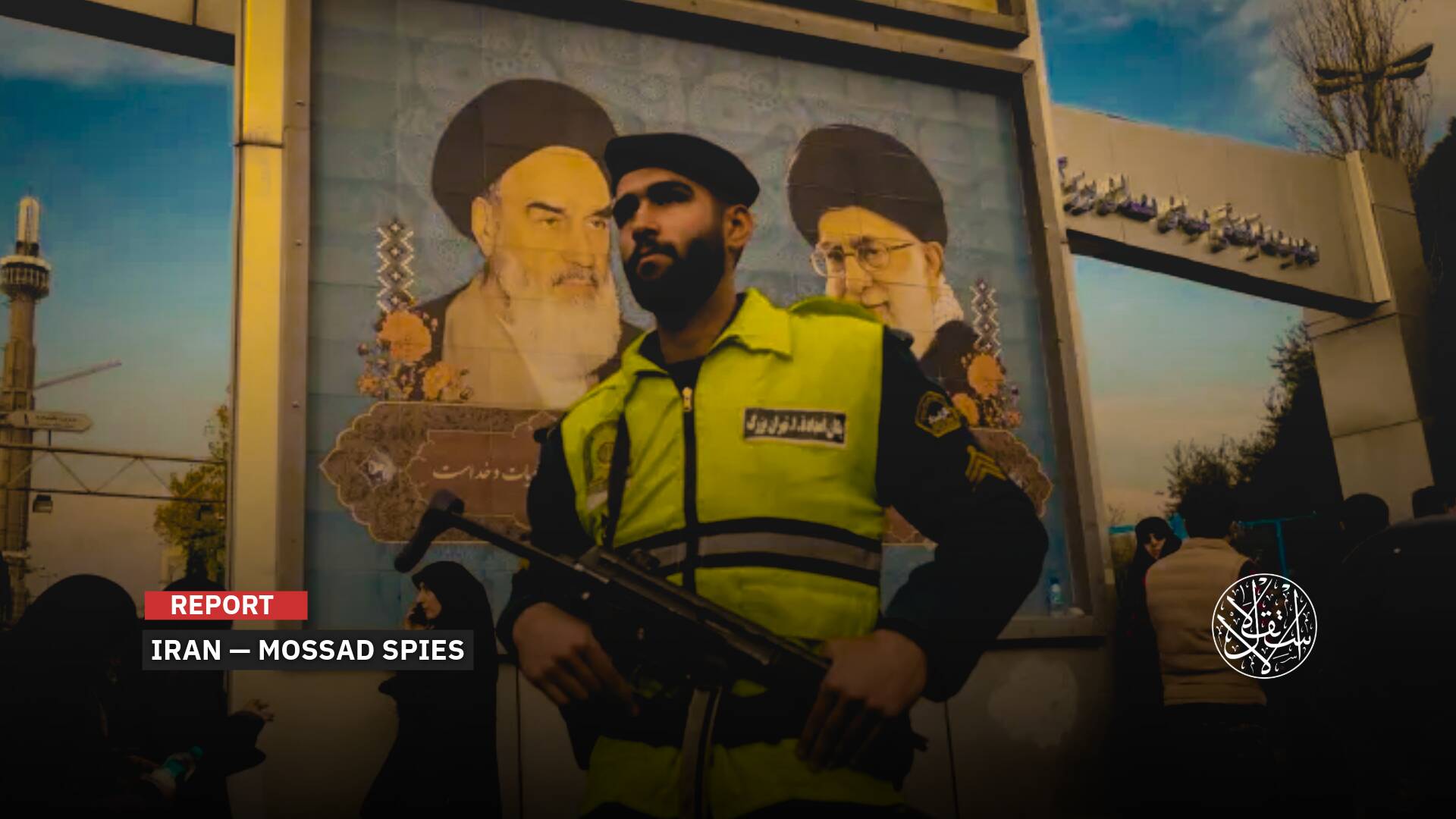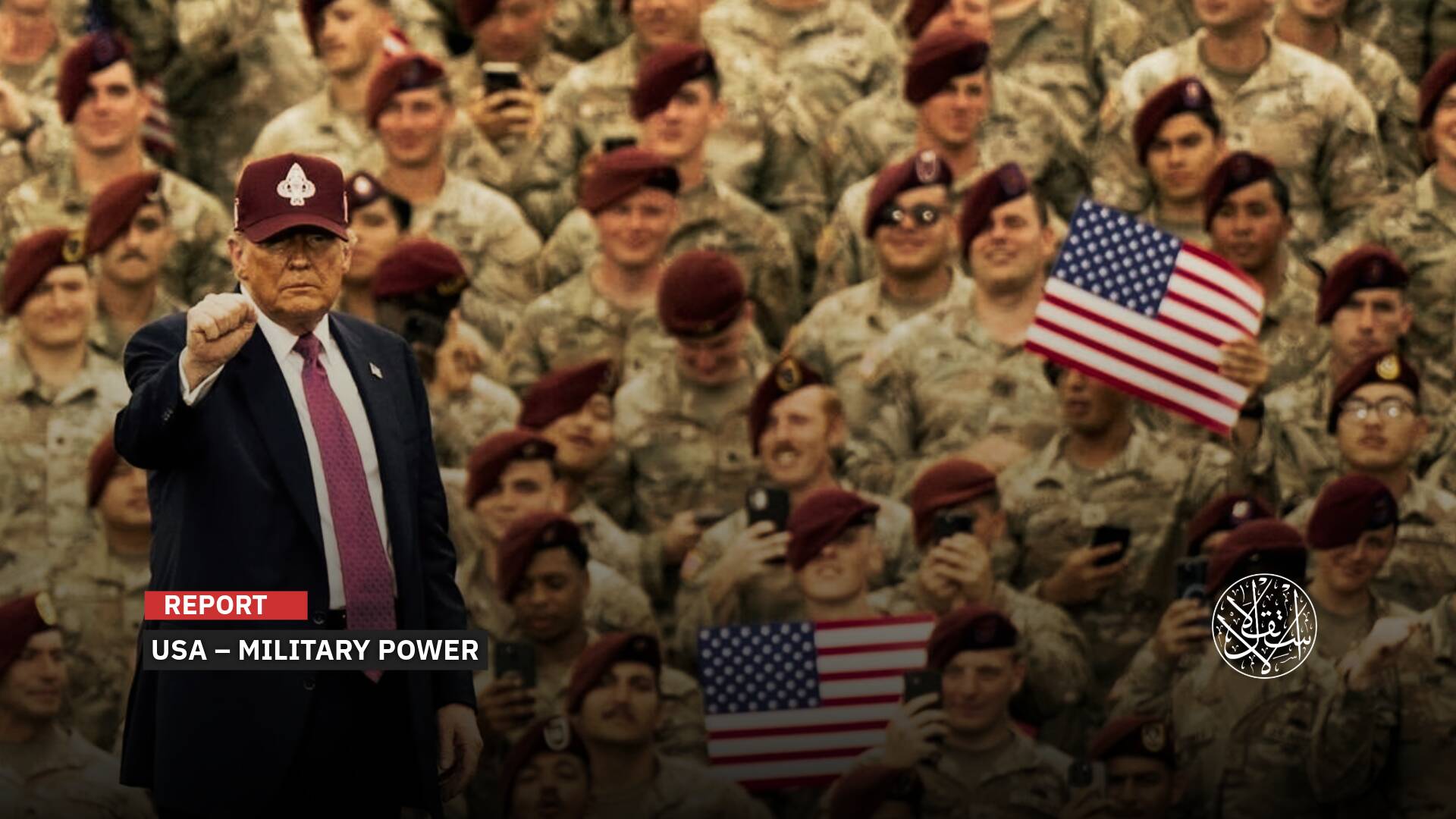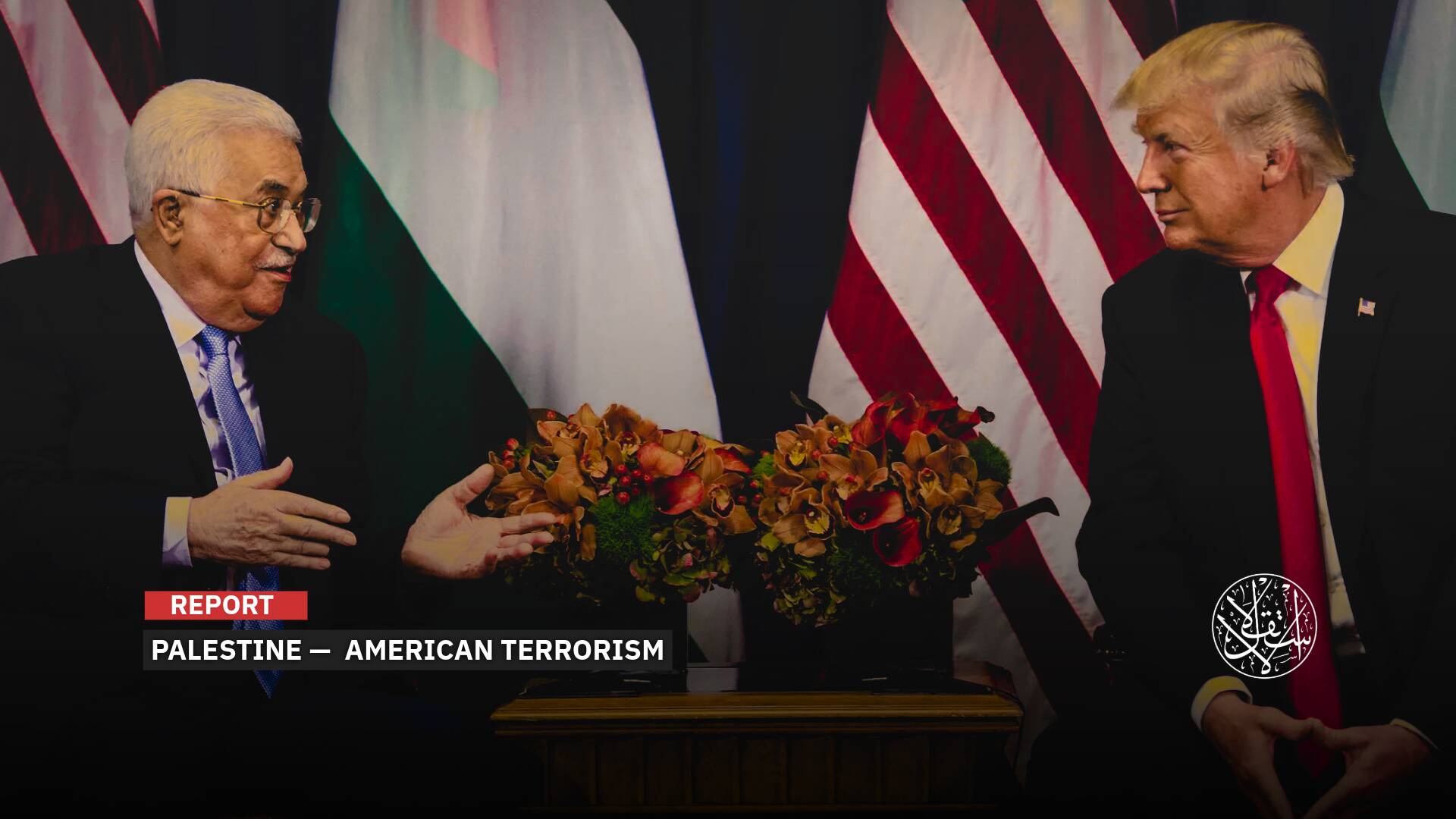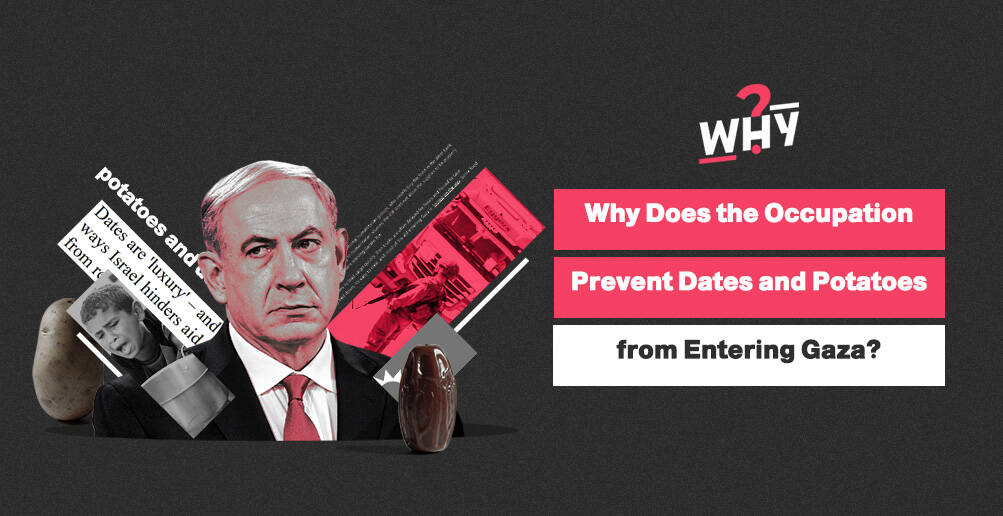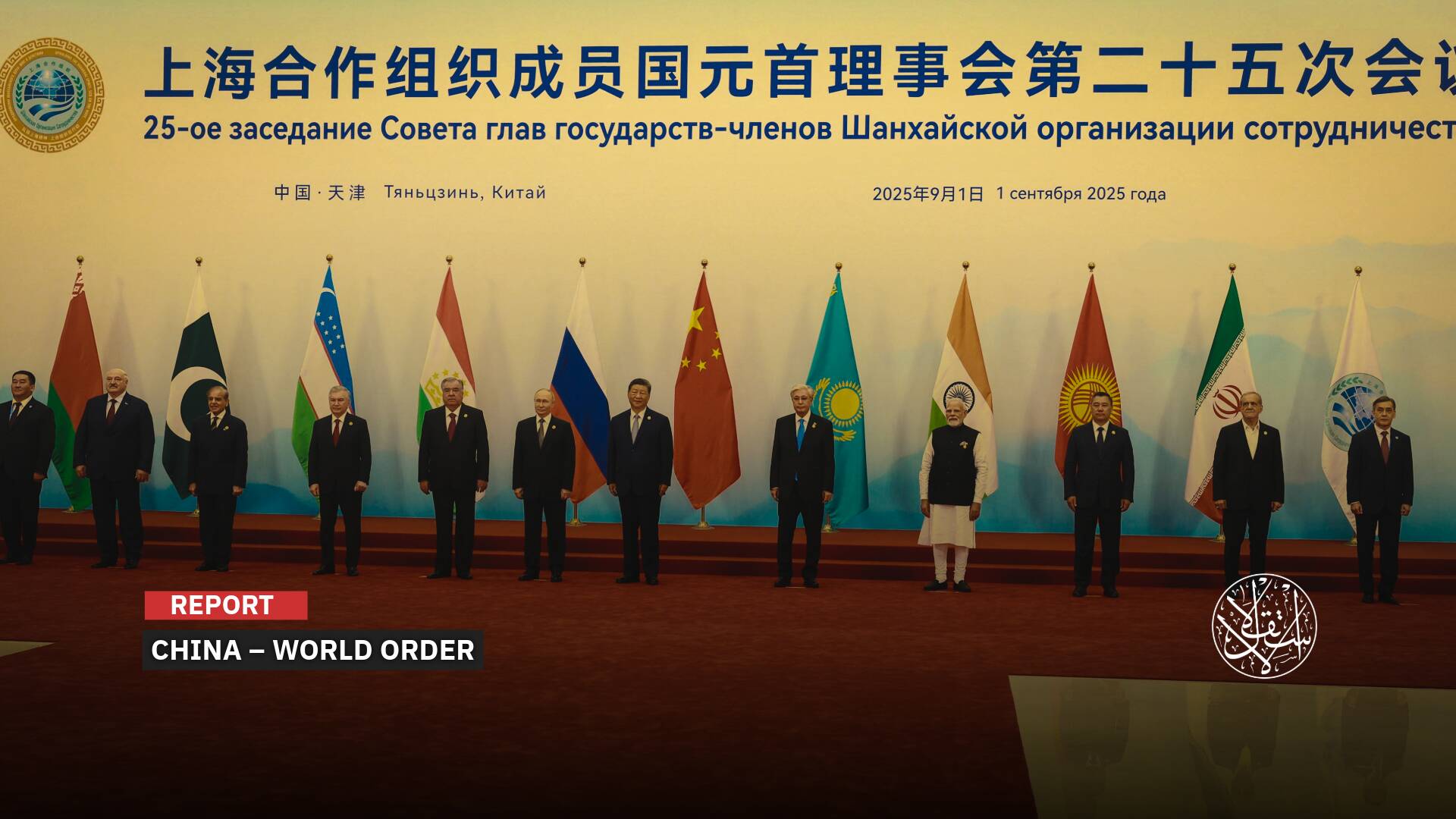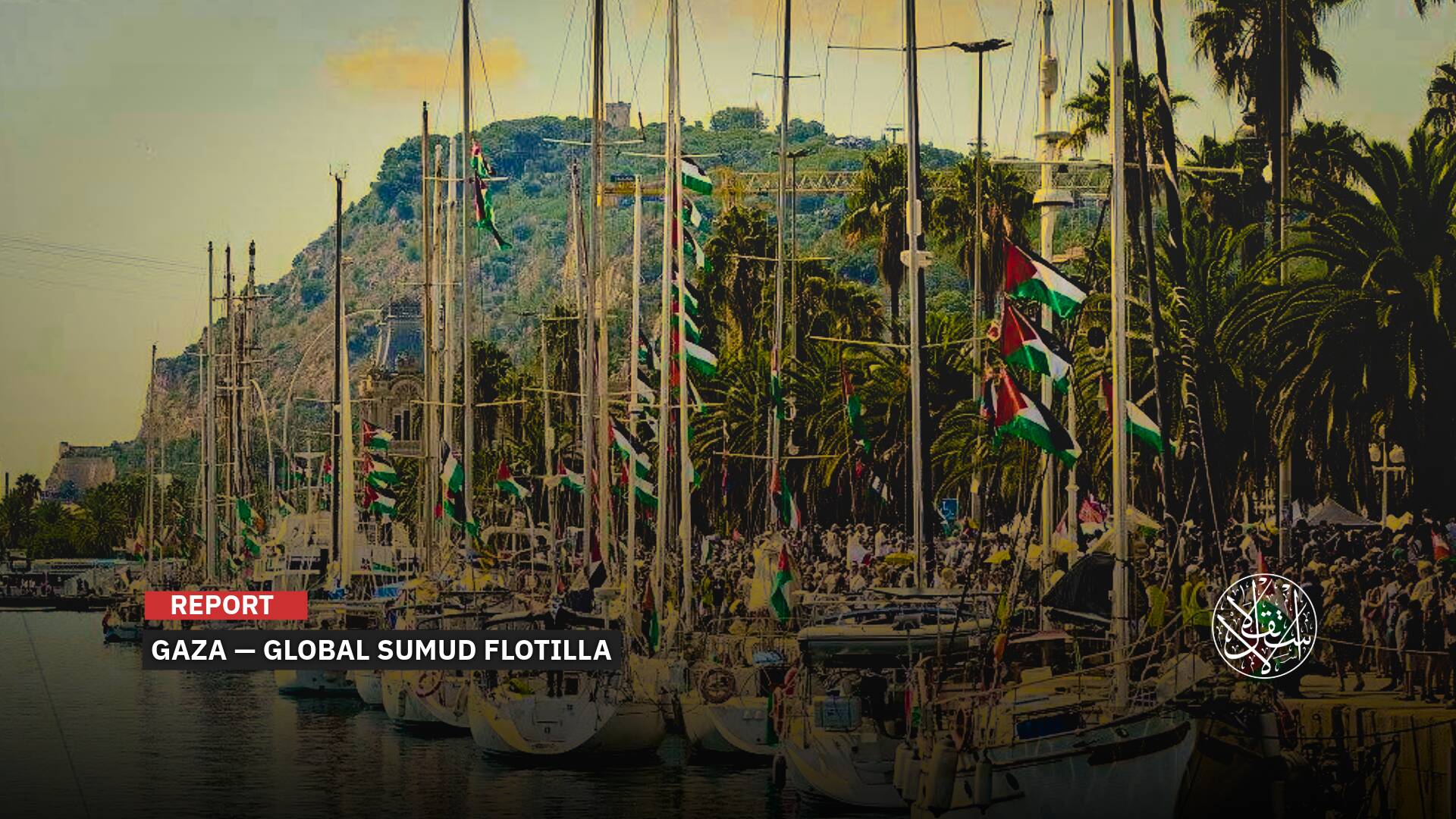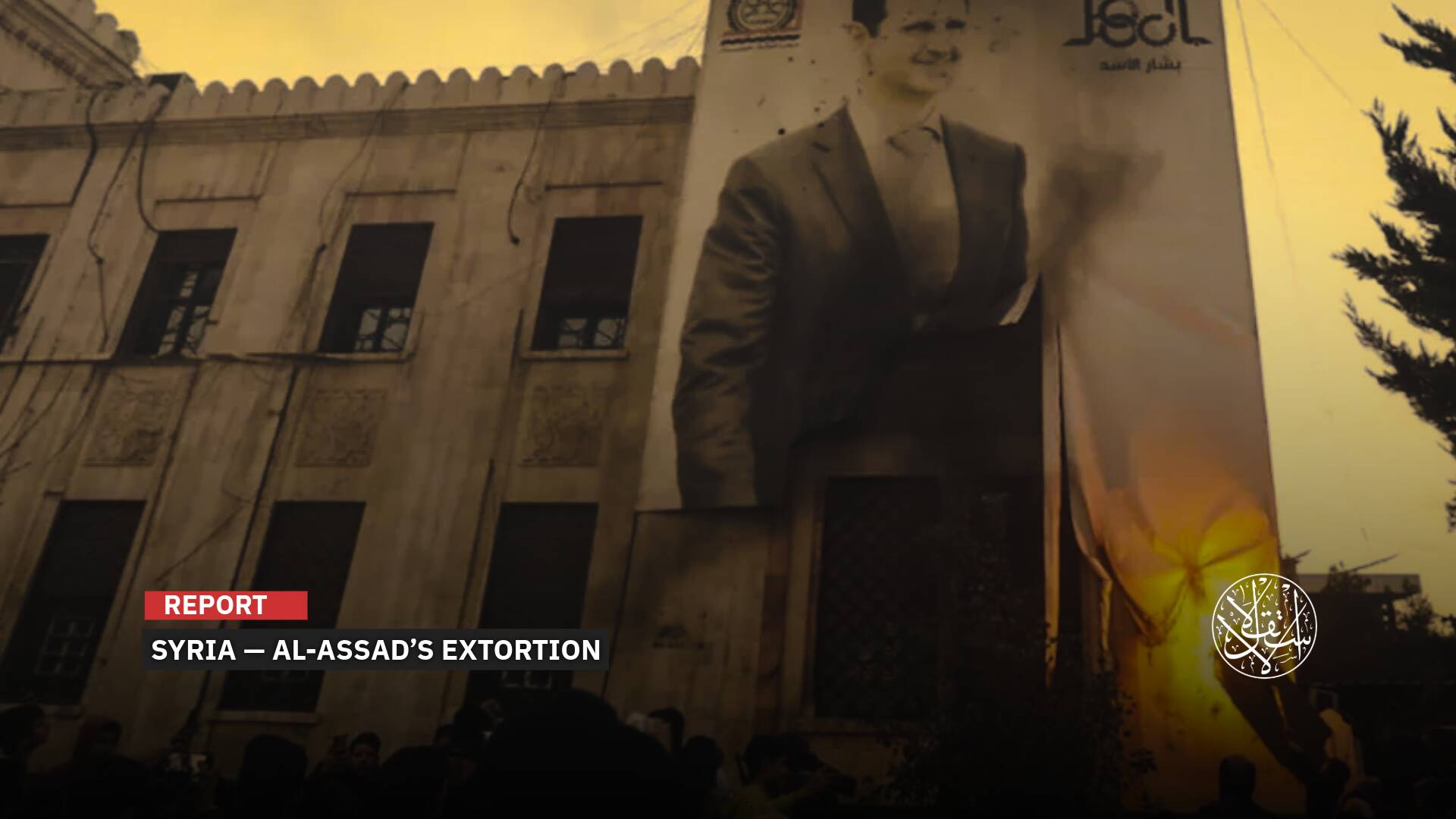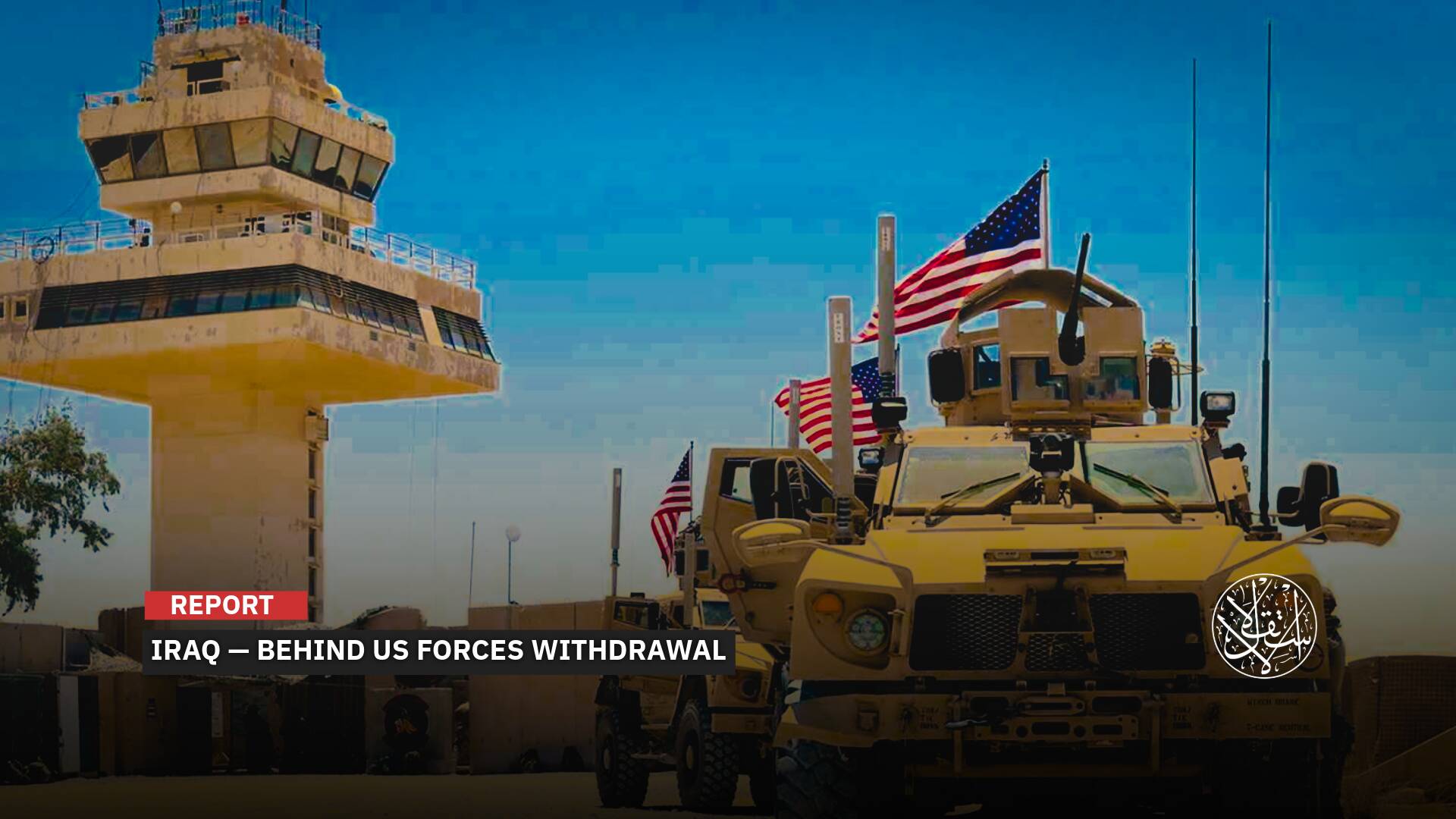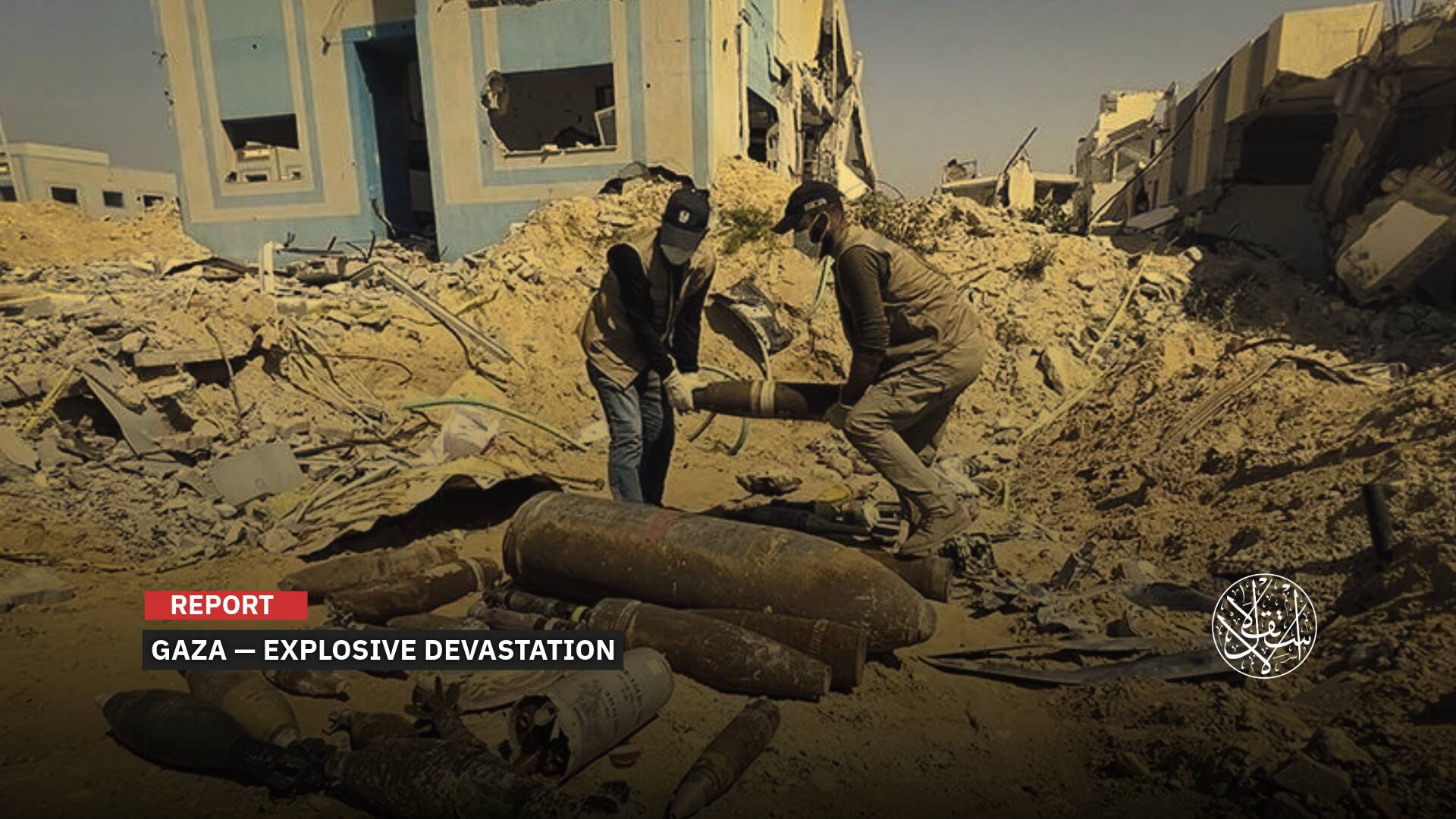Why Has Putin Now Criticized the Offense Against the Islam Prophet Muhammad?

Russian President Vladimir Putin's remarks condemning the insults of the Prophet Muhammad have sparked widespread controversy, amid many saying that this position is aimed at embarrassing Western adversaries and improving Moscow's image among Muslims at home and abroad.
On December 23, 2021, Putin said that the abuse of the Prophet Muhammad had nothing to do with freedom of creativity and expression, but rather a violation of Muslims and their feelings.
"Without freedom, there is no progress, but it contradicts our objectives when it affects the freedoms of others, such as insults to the Prophet Muhammad," he said at his annual press conference, commenting on freedom of opinion and expression.
Putin recalled the attack years ago on the headquarters of the French magazine Charlie Hebdo in Paris, after publishing cartoons offensive to the Prophet Muhammad, stressing the need to prevent the causes of these "tragic incidents" from being allowed to occur in the first place.
'Western Paganism'
The remarks came at a time when the Putin regime continues to commit crimes against Muslims in Syria, Libya and Africa, which have claimed hundreds of thousands of lives, as well as crimes committed against Muslims in his country's Muslim republics, particularly Chechnya, in recent decades.
Putin's position as a defender of the Prophet of Islam comes at a time when Islamophobia is on the rise in the West, with the growing influence of far-right parties, several question marks over the messages the Russian president wants to convey from this alleged support.
In a telegram sent to participants at a meeting of the Strategic Vision Group "Russia and the Islamic World" on May 17, 2017 in the Chechen capital Grozny, Putin said that "the Muslim world can count on Russia."
He expressed confidence that joint efforts with the Muslim world could promote international security and stability, in order to "build a just and democratic international order free of forms of hatred, discrimination and dictation power."
The text of the telegram was seen by observers as a clear reference to the ancient Western colonial practices that have caused suffering in the Islamic peoples for decades, as well as the currently escalating Islamophobia phenomenon in Western countries.
"Since taking office in 2000, Putin has emphasized his adherence to tradition, that Russia is a country of authentic values, confronting the new Western paganism that targets religions and promotes deviant currents such as homosexuals," the government website Russia Today claimed.
"A cold, hidden ideological war has been going on between Russia and the West for years," the site said in a report published on November 25, 2015.
He supported his vision with a speech by Putin in which he said: "We see how Euro-Atlantic states have gone down the path of abandoning their roots, including Christian values, which form the basis of Western civilization; they deny moral principles and any traditional identity, religion, and nationality, and pursue a policy that places on one level the multi-child family, gay partnership, faith in God and faith in Satan."
Russia, an observer member of the Organization of Islamic Cooperation (OIC) since 2005, respects not only Christian but Islamic traditions, as it has banned in Russia the republishing of Charlie Hebdo magazine cartoons offensive to the Holy Prophet, and not a single local media has dared to republish them, the website said.
During the opening of the country's largest Moscow Mosque on September 15, 2015, Putin called Islam a great global religion, and noted the great Islamic nation of Russia in ensuring reconciliation and peace in Russian society, stressing that "Islam has become an integral part of the spiritual life of our country."

Islam in Russia
Islam is the second most widespread religion after Christianity in Russia, with a total population of 144.1 million.
Muslims in Russia are concentrated in north Caucasus republics, forming a majority in seven provinces, most notably Ingushetia, Chechnya, Dagestan, Bishkiria and Tatarstan, while the capital Moscow is home to some 2 million Muslims.
According to the Pew Center for Statistics, Russia's Orthodox Christian population was 71 percent in 2017, followed by Muslims at 10 percent (about 14 million people).
In a report dated August 9, 2017, the center said that Russian Muslims are more committed to religious rites than Christians, pray daily and go to places of worship at least once a week.
On March 4, 2019, Russia Today quoted the President of the Russian Mufti's Council, Rawi Ainuddin, as saying that the proportion of Muslims in the country would grow over the next 15 years to reach 30 percent of the total population.
According to Russia Today, the first contact between Islam and Russian peoples dates back to the mid-7th century AD during the Islamic conquests of the North Caucasus and Central Asia, and since then the Islamic presence there has continued, witnessing various images of conflict, integration and change for centuries.
With the fall of Tsarist Russia in 1917 and the domination of Soviet (communist) rule, most Muslim activists moved to the opposition, the government website said in a report entitled "Islam and Muslims in Russia through the Ages" on December 25, 2015.
He explained that with the disintegration of the Soviet Union in 1991 and the declaration of present-day Russia, Islamist pro-independence movements emerged, sparking a war between the two sides that lasted for many years.
According to observers, Chechnya witnessed the most prominent fighting between the two sides, which was marred by numerous massacres committed by Russian forces in six years, divided into two separate wars, one between 1994 and 1996, the second between 1999 and 2000, which ended with Chechnya under Russian sovereignty, leaving thousands dead and many injured.

Muslim Middle East
"The Middle East has always been a weak region for Russia, which it has sought to secure, and since taking office, Putin has worked to bring Russia back to the Middle East as part of his zero-sum approach to international policy," according to the Independent Washington Institute for Near East Policy.
"Russia's military intervention in Syria in September 2015 to support dictator Bashar al-Assad shocked and surprised many, but that was the logical result of years of broader objectives to deter the West," he said in an April 21, 2021 study.
"Unlike the Soviet Union, Putin appeals to all actors in the region, a more practical and flexible approach than that of the ideological Soviet Union, which had clear allies and adversaries," the institute said.
It noted that this strategy "succeeded thanks to conflicting Western commitments to the region, and currently Russia maintains good relations with Iran, Israel and the Gulf states, and tells each side that it can play the role of peacemaker."
"Russia is using all available tools to consolidate practical influence in the region, not only through military force, but through soft power, such as religion and the media," the institute said.

For its part, the U.S. political analysis website Lobe Log said Russia adopts a paternalistic attitude toward the Middle East and is working to strengthen its relationship with it through soft power, one of which is to establish strong ties with Eastern Islamic organizations.
In an analysis published in December 2019, it added that the interpretations of "moderate Islam" agreed by Russia with countries such as the UAE and Saudi Arabia, through the Grozny conference in December 2016, strengthened Russian partnership and diplomacy with these countries, after they clashed publicly in Syria.
As part of the same strategy, Russia established the Strategic Vision Group Russia-Islamic World in 2006 after joining the Organization of Islamic Cooperation as an observer.
According to its website, the group includes 33 government and public figures from 27 Islamic countries, including former prime ministers, former foreign ministers, and senior clerics in the Islamic East from Indonesia, Morocco, Saudi Arabia and Iran.
The group examines the most acute problems in international relations, the situation in the Near and Middle East, and the overall relations between Russia and the Islamic States of the East, and its activities have received a wide positive resonance in many Muslim countries.

Russian Messages
Ozcan Khader, a professor of theology at Turkey's Sabahuddin Zaim University, said Putin's remarks about the Prophet Muhammad are essentially part of the concept of "political theology" and contain several messages.
"The first and most important of these messages is to win the hearts and feelings of Muslims in the Russian Federation, because although there are no clear statistics on their number, more than 30 million Muslims are likely to live in the country," Khader told Al-Estiklal.
"The second message of the statements aims to strengthen Putin's relations with the Muslim world by emphasizing that Russia respects the sanctities of Muslims."
"Russia has thus exploited the vacuum left by the United States in the Muslim world and has given a clear message that (I am here)," adds the Turkish professor who specializes in Islamophobia.
The third message is addressed to the West, Khader said, "where for years the phenomenon of anti-Islamism and abuse of our prophet Muhammad has escalated under the cloak of freedom of thought and art."
He noted that Putin made these remarks that "freedom is not absolute" and that in this regard, he adopts a different approach and respects religious values, unlike decision makers in the West.
Putin's remarks also come in the context of his assertion on every occasion that his country is Islamophobia-free, and Muslims and non-Muslims live there peacefully, he said, in line with Russian experts' assertion that islamophobia is a European industry.

However, Khader explained that there are other voices that confirm that these Russian efforts, including Putin's recent statements, only reflect political purposes and deny anti-Islamic practices by the Russian state.
As for Putin and Moscow's true view of Islam, Khader said that "it is not really different from that of Western Orientalism in general, and although Russian orientalism is distinct in some respects, it remains anti-Islamic."
On the possibility of Russia becoming a Russian-majority state one day, he explained that despite all the announcements of an increase in the number of Muslims in Russia, such allegations were in fact made by Islamophobic parties calling on the parties concerned to take measures against Muslims.
Unlike Khader, Russian political analyst Andrey Ontikov said Putin's remarks about the Prophet Muhammad are limited to the concept of freedom of expression and the risks of violating the sanctities of others because of it, especially since this is about Russia, because many of its citizens are Muslims.
He added to Al-Estiklal that all religions and sects live in Russia in a peaceful atmosphere, and maintaining this is a great achievement for Moscow, and Putin himself is interested in protecting this coexistence and mutual respect among the people, and his statements can be read in this context.
Putin's remarks carry a clear message to the West that Russia does not agree with everything the latter considers part of democratic values and freedom of expression, and sees some of these things as unacceptable as offensive drawings of the Prophet Muhammad, he said.
Ontikov also referred to Islamist reactions welcoming Putin's remarks, most notably from Pakistani Prime Minister Imran Khan, which he considered "logical and proof of the validity of Russia’s position against the placement of religious abuse within the framework of freedom of expression."
Sources
- Yes! Putin is protector of Christianity, and Islam too! [Arabic]
- Putin: Russia ready to develop cooperation with the Muslim world to counter terrorism [Arabic]
- Islam and Muslims in Russia through the ages [Arabic]
- Muslims and Islam: Key findings in the U.S. and around the world
- About The Strategic Vision Group 'Russia - The Islamic World' [Arabic]
- Russia's Presence in the Middle East: Is it a source of stability or provocation? [Arabic]
- President of the Council of Muftis in Russia: The proportion of Muslims in the country will reach 30% in 15 years [Arabic]
- Russia’s Middle East Resurgence Isn’t Just About the Money


